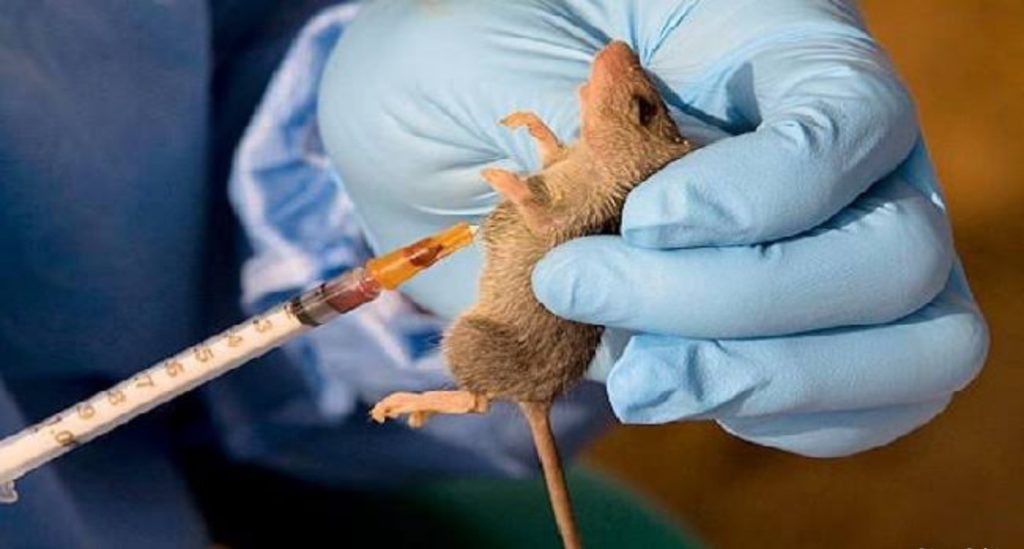The Nigeria Centre for Disease Control, NCDC, on Tuesday, declared the emergency phase of the 2020 Lassa fever outbreak over following successive the decline in cases below the emergency threshold, and an epidemiological review carried out by NCDC in collaboration by the World Health Organisation, WHO.
In a press statement by the Director-General of NCDC, Dr. Chikwe Ihekweazu, noted that since the beginning of the outbreak, 979 confirmed cases including 188 deaths have been recorded from 27 States including the Federal Capital Territory as at 19th of April 2020.
However, the statement noted that the Lassa fever case counts have significantly declined in the last three weeks and have now dropped below levels considered to be a national emergency.
Noting that in the last four months, the NCDC in collaboration with the Federal Ministry of Environment and Federal Ministry of Agriculture and Rural Response has led the Lassa fever response activities across the country, the agency noted that following lessons from the previous large outbreaks, their strategic response was based on five key priorities.
“The key points are: Improved preparedness through training of health workers across the country and a nationwide communications campaign before the outbreak, early deployment of One-Health Rapid Response Teams to affected States and deployment of surge staff to treatment centres, the establishment of new treatment centres and strengthening of existing treatment centres, distribution of medical, laboratory, treatment and infection prevention and control supplies to all states with confirmed cases and the implementation of Lassa fever Environmental response campaign in high burden states by the Federal Ministry of Environment.”
It further highlighted that this year, there was a decline in case fatality of Lassa fever, from 23 percent in 2019 to 19 percent in 2020.
According to the Director-General of NCDC, Dr. Chikwe Ihekweazu, the NCDC recognises that in the absence of a vaccine, Nigeria remains at risk of Lassa fever cases.
Ihekweazu noted that in the last two years, Nigeria has recorded Lassa fever cases throughout the year, with the peak usually between January and April.
Ihekweazu said despite the ongoing COVID-19 pandemic, NCDC remained focused on our prevention, detection, and response to other infectious diseases outbreaks in Nigeria, including Lassa fever.
He said while the country has crossed the emergency phase, Nigeria may continue to record cases but NCDC was committed to ensuring a continuous decline in the number of people who die from Lassa fever, by early detection and appropriate treatment.
He disclosed that the NCDC was also working with States and partners to establish more long-term strategies such as improved communication, regular environmental sanitation, enhanced capacity of health workers, and improvement of diagnostic and treatment centres among others.
He commended their partners including WHO, Africa Centres for Disease Control, West African Health Organisation, US Centers for Disease Control, World Bank, George Town University, UNICEF, Africa Field Epidemiology Network (AFENET), Foundation for Innovative New Diagnostics (FIND), Public Health England, Bill and Melinda Gates Foundation, Resolve to Save Lives, International Federation of Redcross Communities, Alliance for Medical Action (ALIMA), Pro-Health International,
Medecins Sans Frontiers, Coalition for Epidemic Preparedness Innovations(CEPI), eHealth Africa, ECHO, Japanese Government, Robert Koch Institute, and Bernard Nocht Institute in Germany, PANDORA, and other organisations.
